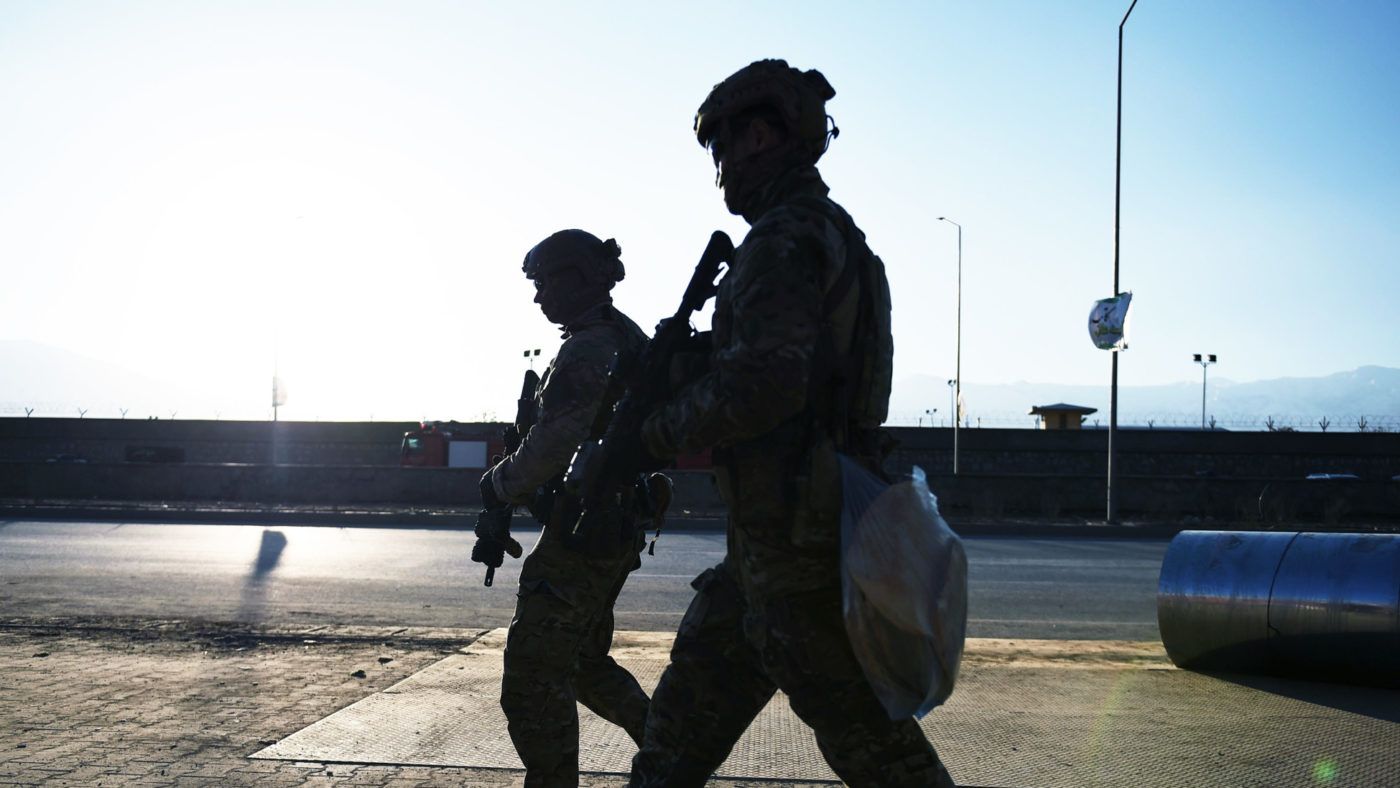The news that the UK is joining the EU and sending Afghan migrants home should throw the current situation there into sharp relief. Those fleeing Afghanistan make up the second largest number of migrants trying to make it to Europe.
Even in the relatively prosperous parts of the war-torn country, increasingly violent insurgency and poor governance is pushing many to make the treacherous journey to Europe. And this vast exodus is presenting problems for the Afghan government, as well as European ones.
President Ashraf Ghani is trying to promote the country’s stability and would much rather Afghans stuck around to help rebuild the state. Equally, as European citizens become increasingly frustrated with the new arrivals their governments would obviously prefer it if young Afghans would remain at home.
The fact that so many won’t leaves the UK, Germany and many of those Nato countries who have invested so much in keeping the Taliban out of Afghanistan with a delicate balancing act on their hands. They need to support the Afghan government in their attempts to rebuild their country and temper hostility to the migrants arriving in their own countries, while dealing with the reality that Afghanistan is looking ever more dangerous.
European governments probably wish it weren’t so. Germany has started flying illegal migrants back to Afghanistan and the UK is going through some pretty ludicrous backflips to justify deportations. But the fact remains that Afghanistan is in shaky hands.
Following the departure of the majority of Nato forces from Afghanistan – Britain’s Camp Bastion was recently described as having “disappeared into the sand” – the Taliban have emerged from their safe havens in Pakistan and filled the void left behind.
Helmand, always lawless given the state’s massive poppy harvest and its access to Pakistan, is now mostly under Taliban control; while in Kunduz province, the Taliban heartland German troops administered during Nato’s ISAF deployment, insurgents have regained control of the majority of the districts and are fighting for control of the province’s capital against US-backed Afghan forces.
They’re even in the places they once avoided such as Badakhshan and Herat province. It’s equally bleak in Kabul, where Isis carries out suicide attacks; the Taliban and Isis control the surrounding districts.
With the insurgents’ annual spring offensive looming, Afghanistan faces what one Nato spokesman has laconically described as “a challenging year”. As even Pakistan, which for decades has hosted Afghan refugees, loses patience and expels over half a million of them, why should the West hang around to help what looks like a failing state?
The main problem with cutting and running depends on how great a threat you consider the Taliban to be. As a Dfid minister with a long experience of Afghanistan, Rory Stewart has pointed out that without the support of the international community the Taliban would be in Kabul within months.
If, as looks to be the case, the Taliban still retains ties to al-Qaeda this might be a problem. Isis might be hogging the headlines at the moment but Osama Bin Laden’s old network has not gone away. Instead, the group seems to be focusing on backing insurgent forces in the Middle East and winning hearts and minds. Planning attacks on soft civilian targets can come later.
And this brings us back to the West’s balancing act. It is a measure of how desperate the international community is to resolve the situation in Afghanistan that one US general has suggested reconciliation with the Taliban as a possible solution. Unfortunately the Taliban know that a stalemate is as good as a win. They are negotiating from a position of strength and have flatly refused.
The only other option, therefore, if the West does not want Afghanistan to once again act as a safe haven for terrorists – while also setting off an even greater migrant crisis – is to support the government of Ashraf Ghani. This means carrying on with the same plan of the last 15 years: training the Afghan police and army in the hope that they can defend their country and make it a viable place to live in.
In the meantime, Afghanistan remains in limbo, with the country experiencing a raging insurgency and Western governments pretending everything is fine. The old joke is that Afghanistan’s major commodity is being so troublesome that richer countries continually have to buy it off. Unfortunately for all concerned, this still remains very much the case.


